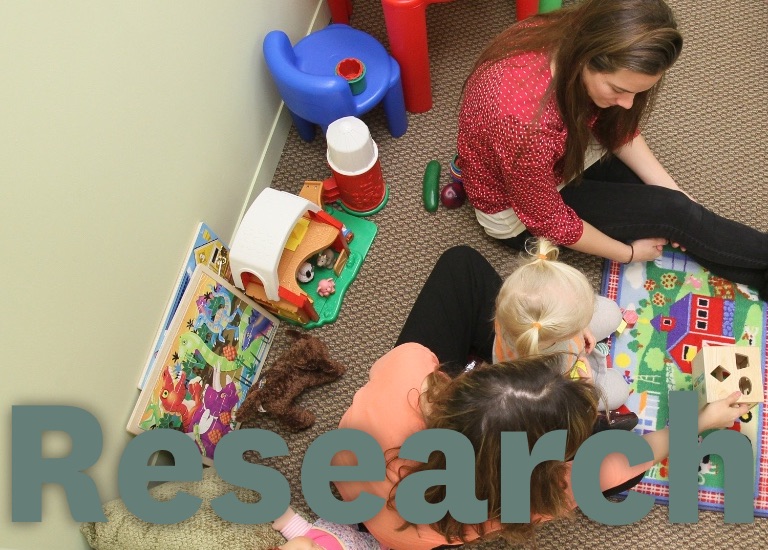The Relationship Between Brain Functioning, Behavior, and Microbiota in Autism Spectrum Disorder
Principal Investigator: Lisa Aziz-Zadeh PhD
Co-Principal Investigator: Emeran Mayer (UCLA David Geffen School of Medicine)
Period
Sep 2018 – Dec 2024
Total funding
$506,659
Gastrointestinal (GI) issues are common in children with autism spectrum disorder (ASD) and can lead to a lower quality of life. Several studies have linked these GI issues to altered gut microbial makeup in ASD. But research has not yet clarified how this may be related to the core features of ASD or to the differences in symptoms among affected children. Increasingly, studies suggest that gut microbiota can signal to the brain via multiple biological pathways. These effects on the brain may lead to different behaviors. However, as far as we know, no studies have looked at combined gut-microbiome-brain-behavior effects in individuals with ASD. We want to looks at such effects in order to better understand what makes the clinical symptoms of ASD different from one person to the next. We aim to test the general hypothesis that differences in the gut microbiome are related to how the brain is put together and how it works, as well as to clinical and behavior features of ASD.
As part of an existing grant from the National Institute of Health (NIH), we are currently running brain scans and measuring behavior of children aged 9-12 years with ASD and without ASD. Now we propose to add a gut microbiome component to the project. We will use the data from the existing NIH grant, and we will add stool samples from each child to the study. This way we will be able to look at what microbes are in the samples, tell how different these microbes are between people with different symptoms or comparing people with and without ASD. Furthermore we can see how these microbes play a role in other things happening in the body, such as brain function and structure. By using machine-learning data analysis with all the types of data put together, we will see if certain data patterns are more common with certain symptom patterns. The long-term goals of this research are to explain differences in ASD in different children, develop biomarkers and new therapies. Ultimately we hope to build new personalized treatments for ASD aimed at how the brain and the gut microbiome work together (e.g., fecal microbial transplants, prebiotics and/or probiotics, and therapies aimed at specific gut microbes or things they produce).
Funding
| Type | Source | Number | Amount |
|---|---|---|---|
| Federal | The Assistant Secretary of Defense for Health Affairs, endorsed by the Department of Defense, Autism Research Program Idea Development Award | W81XWH 18-1-0538 | $506,659 |





